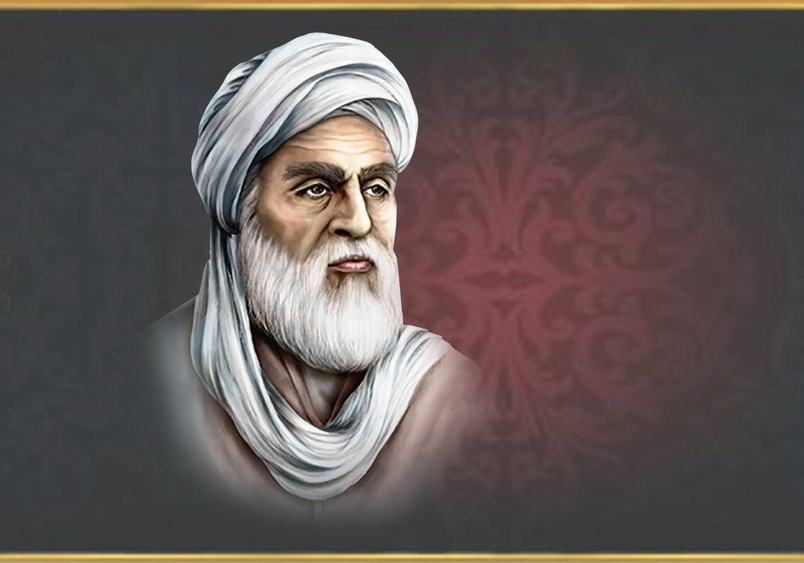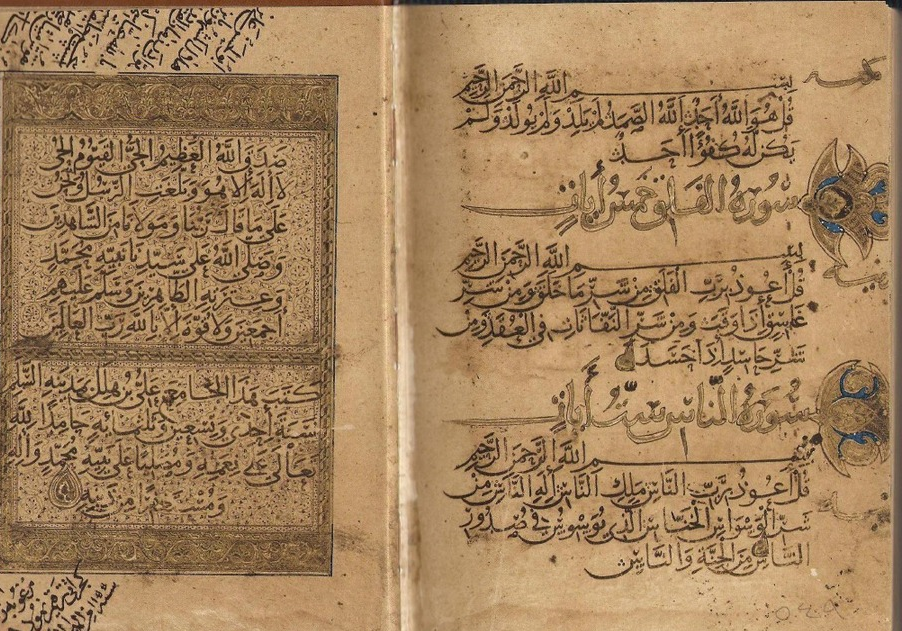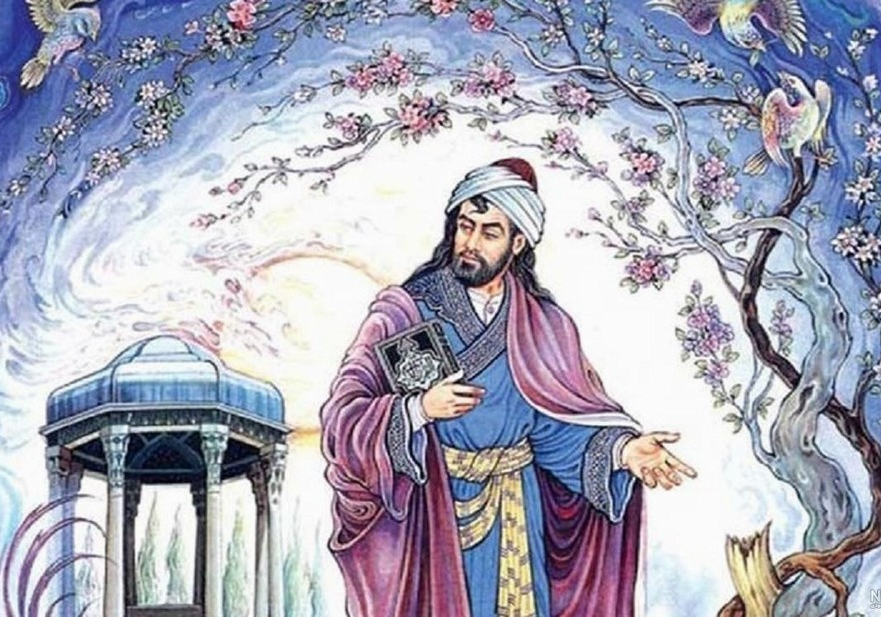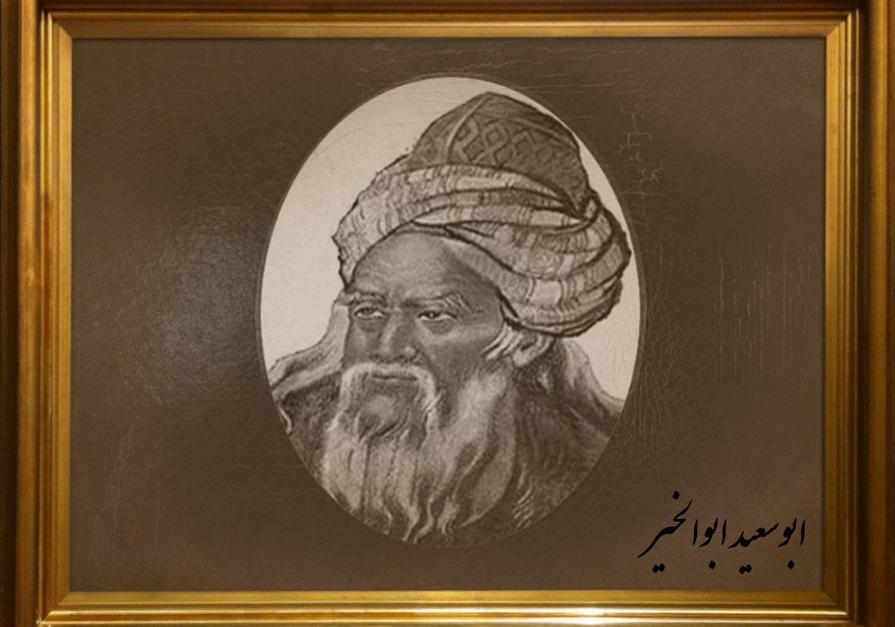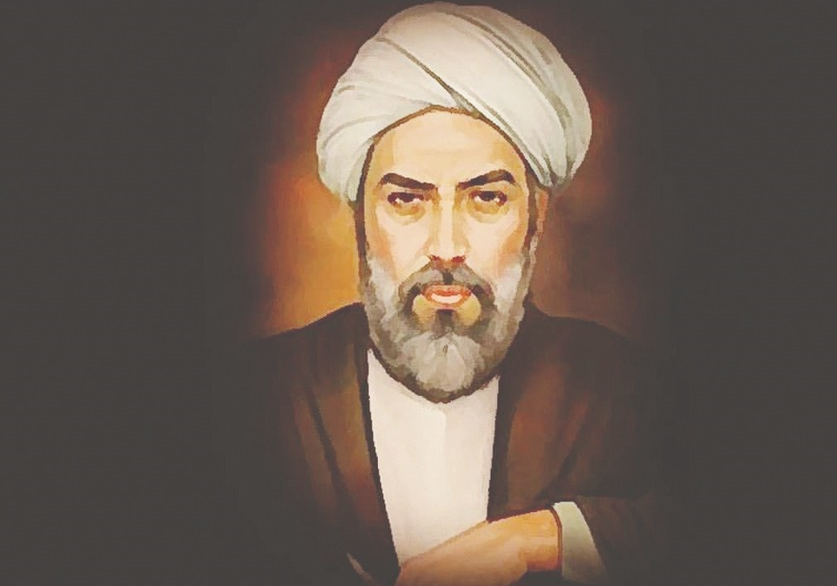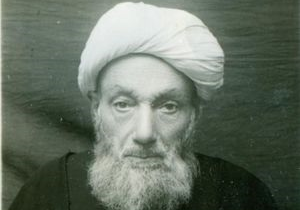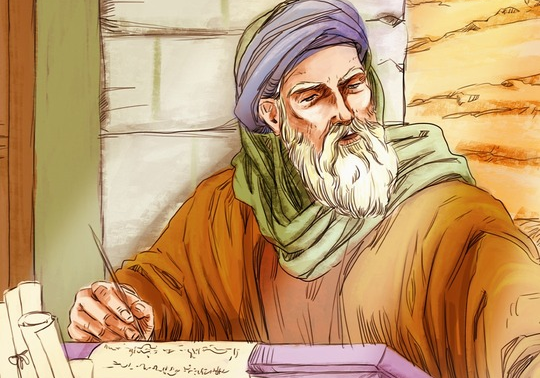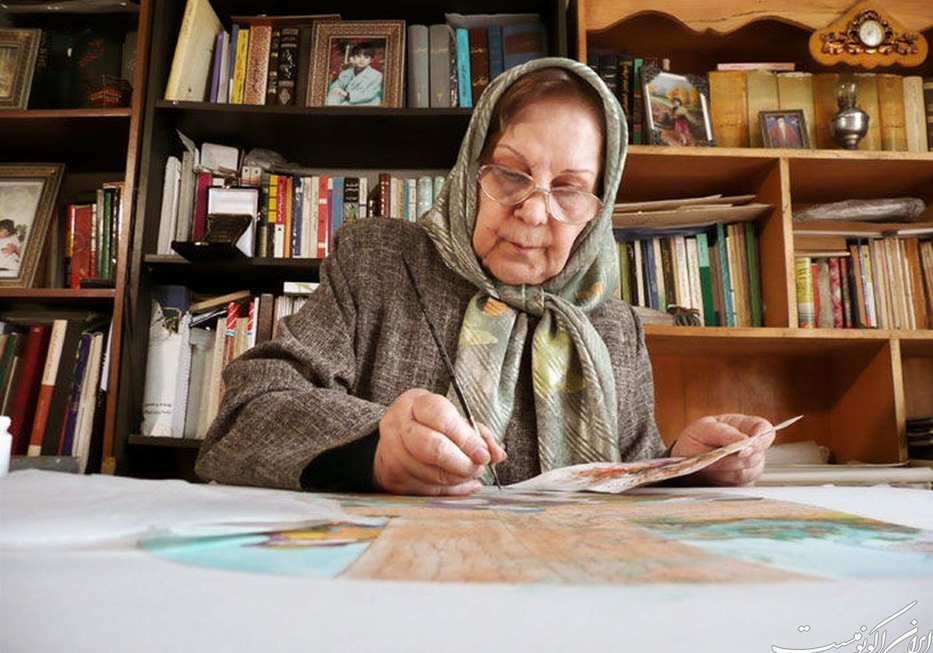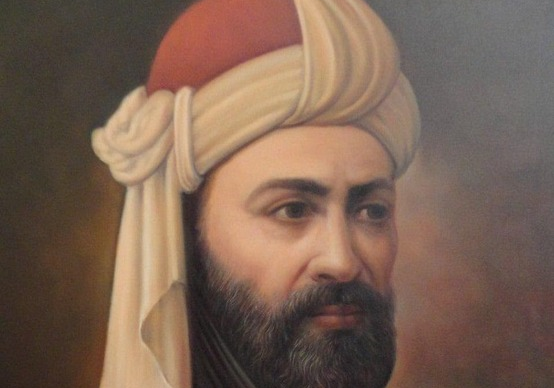
Rumi, The Unique Iranian Poet and Mystic
Jalal al-Din Mohammad Balkhi, popularly known as Mawlawi, Mawlana, and Rumi, and one of the most famous Iranian poets, was born in the city of Balkh of the Greater Khorasan in September 1207 CE. His full name was “Muhammad ibn Mohammad ibn Husain Khatibi Bakri Balkhi”. His works including Mathnavi/Masnavi, Divan-e Shams, Ruba’iyat (quatrains), Fih-e ma Fih (In It What’s in It), and Majalis Sab’ah (Seven Sessions) had all been written in Persian.
Rumi is undoubtedly the most prominent Iranian poet in the field of mysticism and mystical poems, and one of the four basic pillars of Persian language and literature, whose name shines not only in Iran but also around the universe.
Rumi’s father, Muhammad ibn Husain Khatibi nicknamed Baha’ al-Din Valad, served in the court of Khwarazmshah kings but after being ill-treated by Sultan Muhammad Khwarazmshah, the ruler of the time, he set out for Syria via Neyshabur and after going to Baghdad and Mecca, he finally settled in Erzincan in eastern Anatolia region of Türkiye on the invitation of the Seljuq king, Sultan Ala’ al-Din Kayqubad.
During this journey, Rumi met with Attar, another renowned Iranian poet, who presented him with the book “Asrarnameh”. Rumi had studied under such great scholars as Burhan al-Din Muhaqqiq Tirmizi, Kamal al-Din ibn Nadi (the great Hanafi jurist), and Muḥyi al-Din Ibn Arabi. However, the person who started an internal revolution in him was Shams Tabrizi. Before meeting with Shams, Rumi had replaced his father as a religious speaker and engaged in teaching the principles and ancillaries of the religion of Islam on behalf of Ibn Arabi. Meeting Shams Tabrizi was like a rebirth for Rumi because after that he left preaching, became a mystic, and began to compose poems.
Separation from Shams and Creation of Lasting Works
16 months had passed since the meeting between Shams and Rumi when Shams suddenly left Konya for Damascus. Some historians have attributed the reason for this separation to the jealousy of some of their companions. At the insistence of Rumi, Shams once again returned to Konya but this return did not last long and this time he left Konya forever.
“Mathnavi Ma’navi” and “Divan Shams”, two lasting and prominent works of Rumi, were composed by him after his separation from Shams Tabrizi. Apparently, he composed these two works with the encouragement received from Hisam a-Din Chalabi. Today, Rumi’s poetry and prose works are two of the main sources for those interested in theosophy and mysticism. During his lifetime Rumi lived in different places in Iran, Afghanistan, Tajikistan, and today’s Türkiye and for this reason, his works are very popular in these countries.
Rumi’s Last Ghazal
Mawlana Jalal al-Din Balkhi, Rumi, passed away in the city of Konya on Sunday, December 17, 1274 AD at the age of 66 while a number of his relatives were present at his deathbed. The people of Konya, including Muslims, Christians, and Jews, mourned the loss of Rumi for 40 days and his tomb, which is a visiting shrine of his lovers, is located in the same city. In the official Iranian calendar, September 30 is recorded as “Rumi’s Commemoration Day”.
It has been recorded that Rumi composed the following ghazal when he was on his deathbed:
“Go to sleep, Leave me alone
At nights I leap Up, on my own.
With waves of desire, Day and night, all alone
Compassion inspires, Else vengeful fits are thrown
From me run away, Afflictions I’ve sown
For wholeness must pray, Else hardships are grown”
| Име | Rumi, The Unique Iranian Poet and Mystic |
| Иран | |
| Надимак | Rumi،Mawlana |
| Време настанка | September 30, 1207, Died: December 17, 1273 |
| Радови | “Mathnavi Ma’navi” and “Divan Shams”, , Ruba’iyat Fih-e ma Fih Majalis Sab’ah |
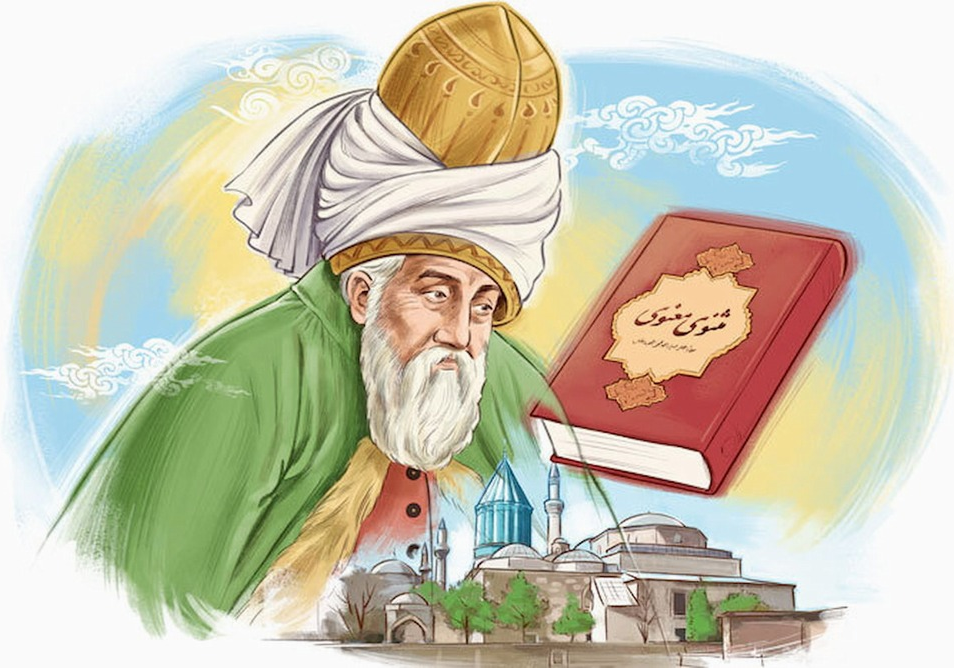
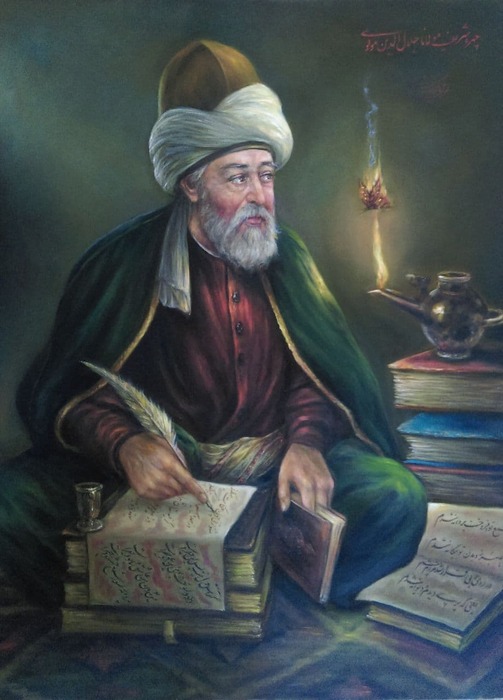
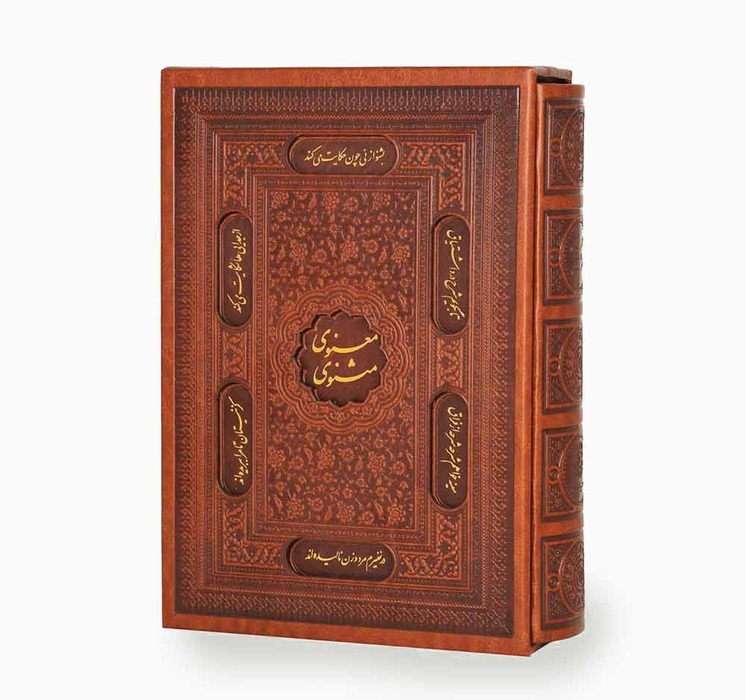
_29_1.jpg)
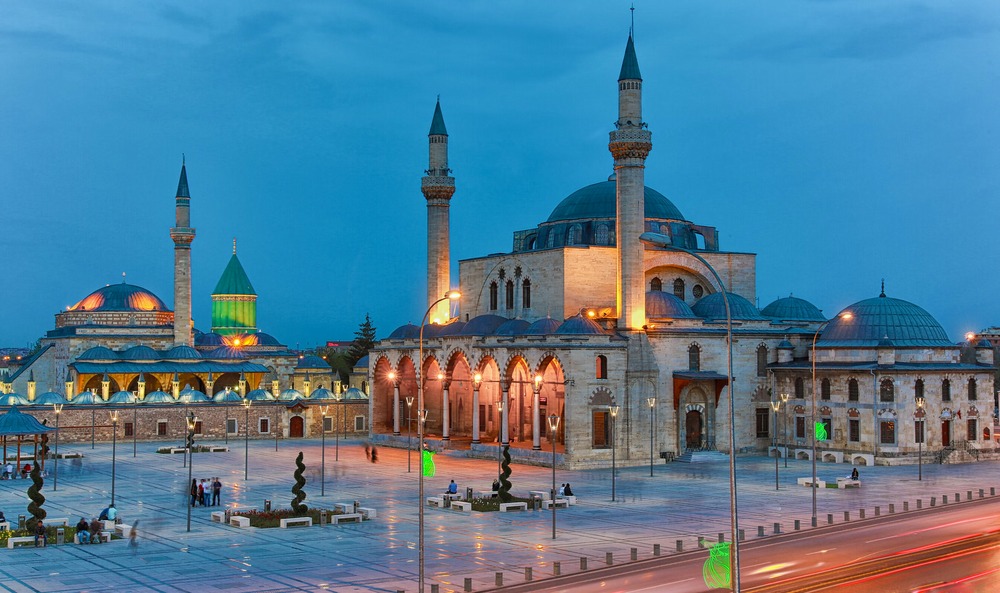
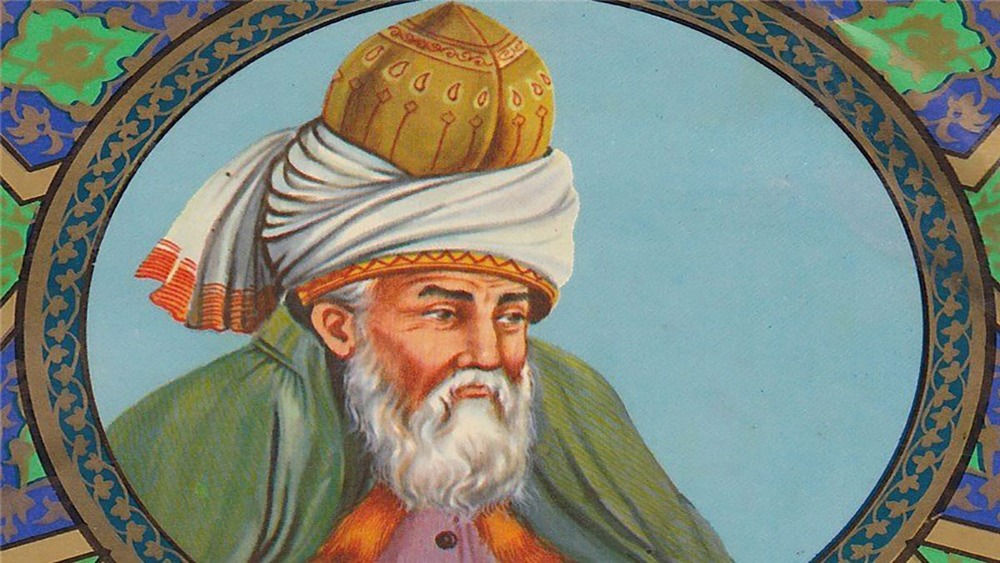



_29_1.jpg)


Прилагодите величину слова:
Прилагодите размак између речи:
Прилагодите проред:
Промени тип миша:
